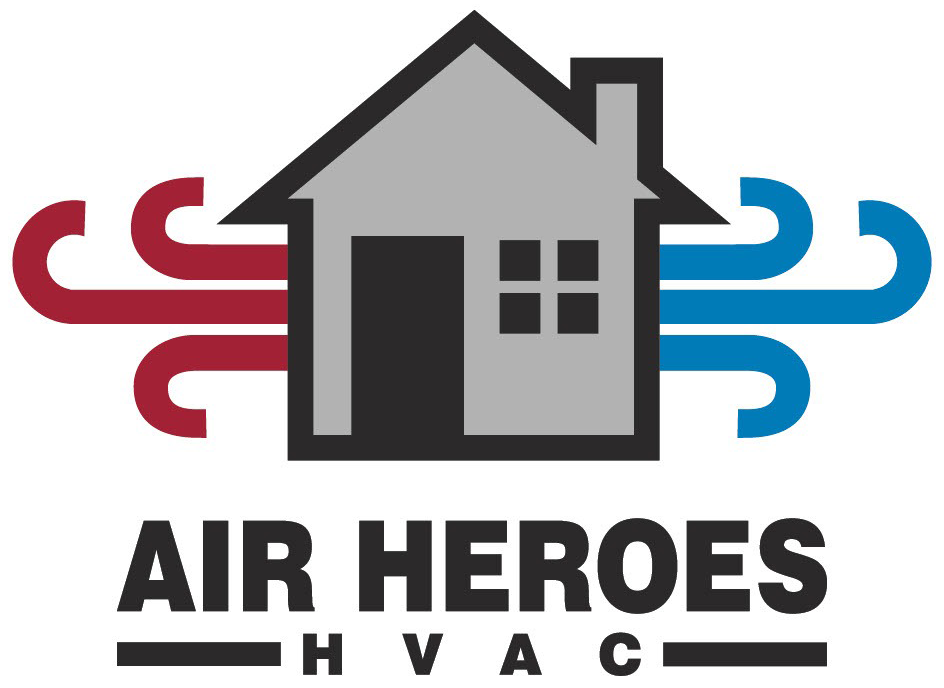FAQs
Air Heroes HVAC
How long does an HVAC system typically last?
An HVAC system generally lasts between 15 and 20 years. This lifespan can be influenced by various factors, including maintenance practices, frequency of use, and environmental conditions. Regular servicing and proper care can help extend your system's longevity. For a comprehensive assessment of your HVAC system, don't hesitate to reach out to Air Heroes HVAC.Why is my air conditioner blowing warm air?
Your air conditioner may be blowing warm air due to a variety of reasons. Common causes include a faulty compressor, insufficient refrigerant, or thermostat issues. To accurately diagnose and address the problem, it's recommended to have a qualified HVAC technician examine your system.What does it mean if my furnace is making a strange noise?
Unusual noises from your furnace often indicate mechanical issues. These sounds could be caused by loose parts, motor problems, or obstructions in the airflow. It's crucial to have a professional inspect your furnace promptly to prevent potential damage and ensure safe operation.How often should I have my HVAC system serviced?
We advise scheduling professional HVAC maintenance twice annually. Ideally, service your air conditioning in spring and your heating system in fall. Regular maintenance helps optimize efficiency, prevent unexpected breakdowns, and prolong the life of your equipment.What are the signs I may need a new HVAC system?
Signs that you might need to replace your HVAC system include recurring repairs, increasing energy costs, uneven temperature distribution, excessive noise, and a system age exceeding 15 years. If you're experiencing these issues, investing in a new system may be more cost-effective than continued repairs.What is the ideal temperature to set my thermostat at during the summer and winter?
For optimal comfort and energy efficiency, we recommend setting your thermostat to 78°F in summer and 68°F in winter when you're home. You can adjust these temperatures when you're away or sleeping to further reduce energy consumption.What is a SEER rating?
SEER, or Seasonal Energy Efficiency Ratio, is a measure of an air conditioning system's cooling efficiency. A higher SEER rating indicates greater energy efficiency. Contemporary systems typically have SEER ratings between 13 and 21, with higher ratings resulting in lower energy costs.How do I know if I have a leak in my ductwork?
Potential signs of ductwork leaks include unexpectedly high energy bills, rooms that are difficult to heat or cool, excessive dust accumulation in your home, and visible damage to exposed ducts. If you suspect a leak, it's advisable to have a professional HVAC technician conduct a thorough inspection.Can I just replace the outdoor unit on an older HVAC system to save money?
While it's technically possible to replace only the outdoor unit, it's generally not advisable. Your HVAC system is designed to function as a cohesive unit. Replacing just one component can lead to reduced efficiency, potential compatibility issues, and a shorter system lifespan. In most cases, replacing the entire system is more cost-effective in the long run.What is HVAC zoning?
HVAC zoning is a method of dividing your home into separate temperature-controlled areas. This approach allows for customized comfort in different parts of your home and can improve overall energy efficiency. Zoning systems utilize multiple thermostats and dampers in the ductwork to direct airflow where it's needed most.











